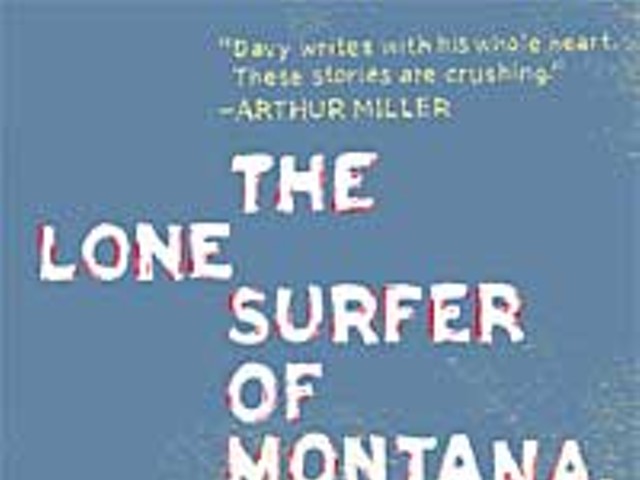What visually conveys to us the difference between happiness and sadness? Between pain and play? Between struggle and celebration? We might think a lot.
But in David Snow’s mixed-media collages, currently on view at Cass Cafe in the artist’s old stomping grounds, the distinction is so subtle it shows how deeply we really do know ourselves and each other. Even the slightest shift of a wrist reveals the dramatic difference between arms raised in joy or bound in confinement — between freedom and the fight for it.
At first glance, Snow’s canvases, which feature flattened figures swimming in a sea of colorful geometric shapes and streams of paint, seem like joyous improvisations of humanity. But take a closer look: the humans are headless with claws for hands. Though they always look energetic, like aerial acrobats viewed from above, they often fight for space, becoming a tangle of bodies.
Upon reading titles of his artworks such as “Rwanda,” “Sierra Leone” and “Sarajevo,” the poignant meaning behind his pieces becomes clear: These are historical tapestries representing devastating biographies of people torn from the pages of the newspaper — literally. Snow’s figures are cut from recycled newspaper, their bodies branded by terms such as “found guilty” and “aggravated teenager.” In one piece, a torso reads in bold: “CHOP.”
Snow’s unstretched canvases look like abstract quilts, and the reference to a handmade craft tradition intensifies the trauma once the art works’ true meaning reveals itself. The folk tradition of quilt-making symbolizes a unified spirit of a small and intimate community. And many of Snow’s subjects, such as the Rwandans, are forced to regard their neighbors as dangerous enemies.
“Rwanda” presents a collage of hands rather than his typical paper doll-like figures. It’s a motif reminiscent of the signature handprint often seen on African-American quilts, stitched with pride as a symbol of their creators.
But the hands are cut jaggedly at the wrist, as if they’ve been hacked off with a machete as happened to those who suffered and died during the 1994 genocide. Snow’s canvas is stained sky blue, framed by a wash of red that suggests the bloodbath. Spatters of bright red paint, which on any other canvas would suggest life force, in this case are gruesome reminders of the spilled blood of hundreds of thousand of Tutsis and moderate Hutus.
Though Snow deals globally with terror on the social landscape, artist Matthew Hanna paints gorgeously crude natural landscapes depicting the geography of the Great Lakes. Focusing on the shoulder of a hidden highway or a cluster of birch trees in an unknown forest, his landscapes of solitary scenes, painted on plywood and other found objects, convey a raw passion for nature.
Hanna is an intuitive colorist whose heavy application of deeply colored pigment, clotted blood-red on trees and dripping deep-brown down branches, are reminiscent of the Post-impressionists or German expressionists. They also have an illusory Old and New World effect, as if they could easily be seen on stained glass in a European chapel, or in the window of a hot Manhattan gallery in the 1950s. Because of this, there’s a sense of permanence in his abstract scenes. Forget looking at them; you want to live forever in them.
Sherry Hendrick’s minimalist drawings of islands and coasts complement Matthew Hanna’s paintings like a sorbet after a good meal. Her style is uniquely fastidious because she fills in large spaces not with abbreviated markings but long stretches of line that make her land masses look like colorful mountains of hair. Hendrick also blends several shades of blue, adding depth.
Several bars and restaurants in metro Detroit seem to be getting into the art game lately. There are rotating exhibits at the Belmont in Hamtramck, the Majestic Café on Woodward Avenue, and the always exciting Wednesday night shows at Motor City Brewing Works. Some of these exhibits rank right up there with what local galleries have to offer. Right now, Cass Cafe is offering the best.
Runs through Dec. 3, at Cass Cafe, 4620 Cass Ave., Detroit; 313-831-1400.
Rebecca Mazzei is Metro Times arts editor. Send comments to [email protected]




